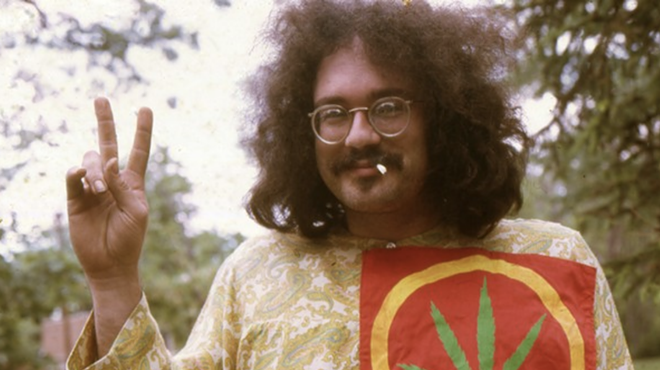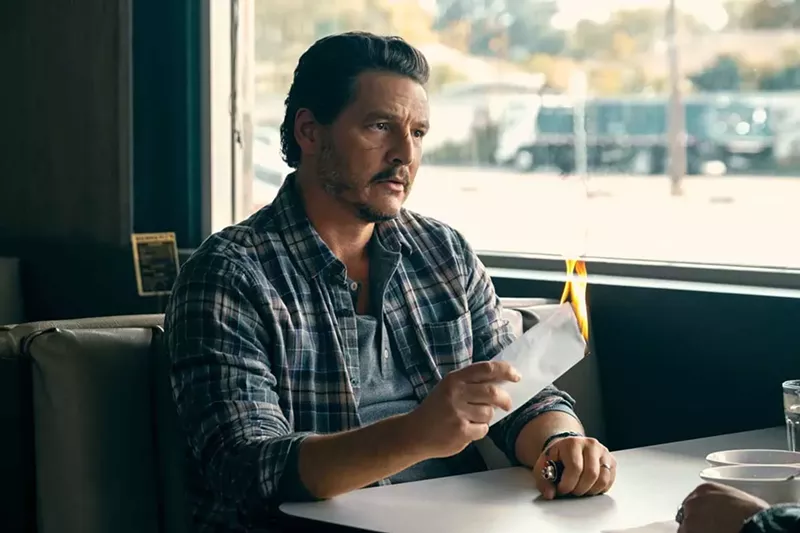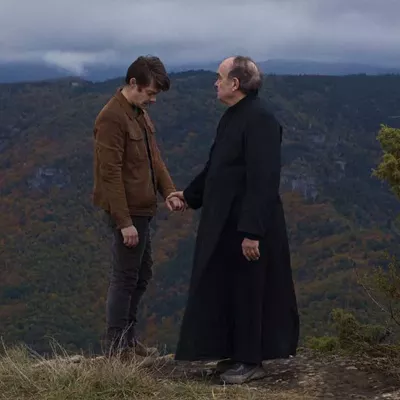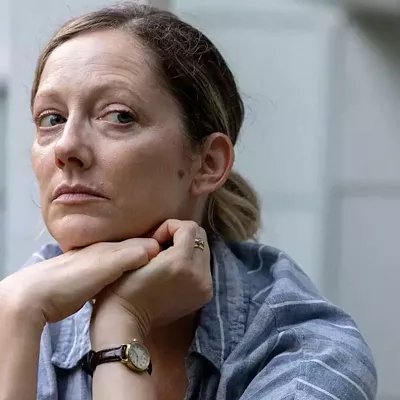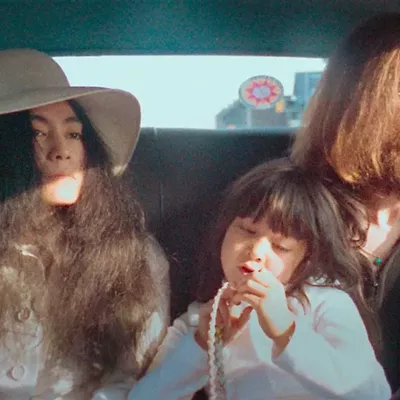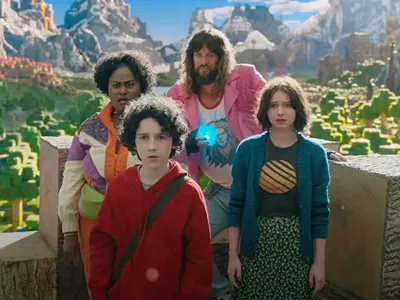‘One to One: John & Yoko’ keeps the spirit of revolution alive
The late Detroit activist John Sinclair features heavily in this timely documentary
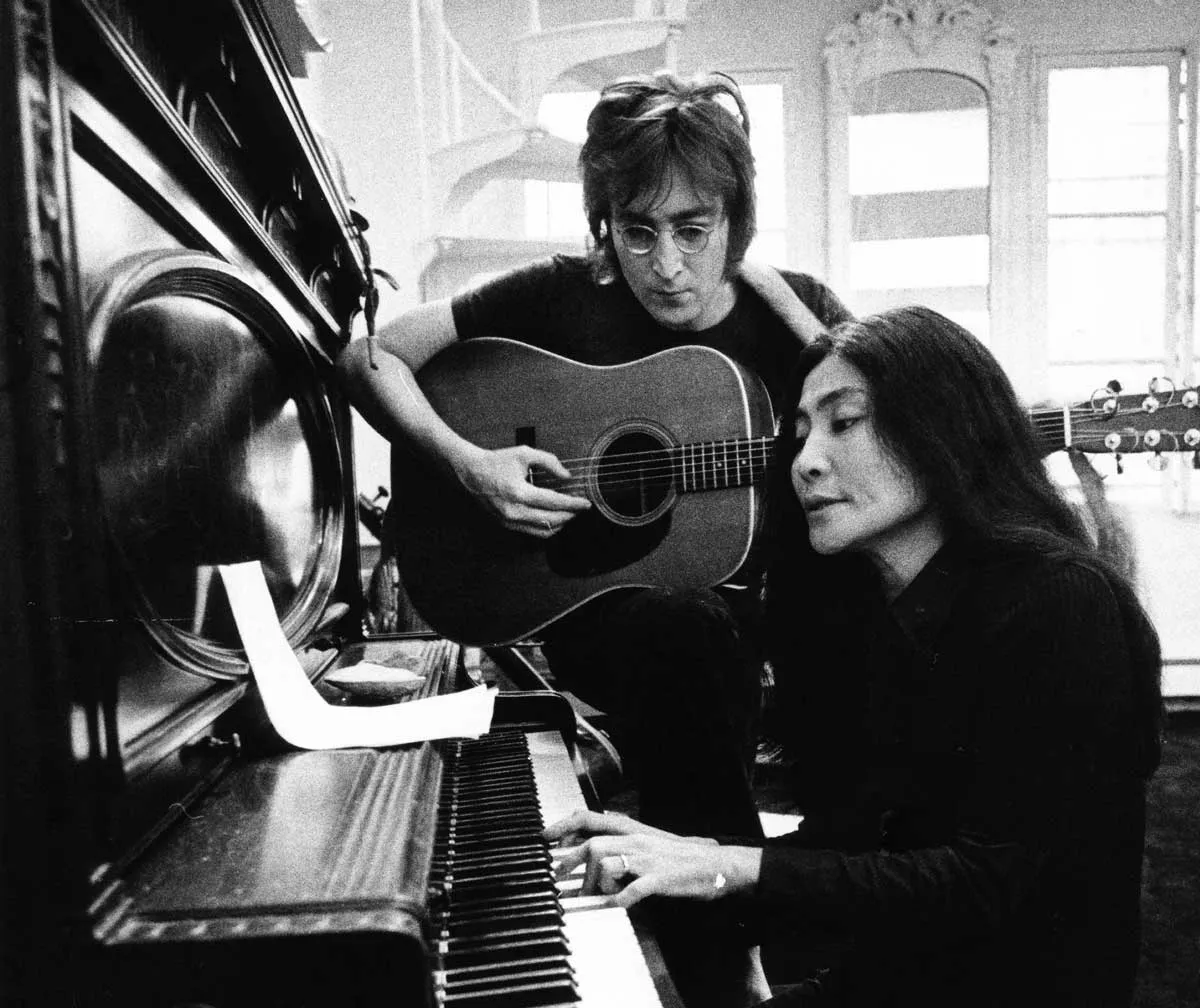

Audio By Carbonatix
[
{
"name": "GPT - Leaderboard - Inline - Content",
"component": "35519556",
"insertPoint": "5th",
"startingPoint": "3",
"requiredCountToDisplay": "3",
"maxInsertions": 100,
"adList": [
{
"adPreset": "LeaderboardInline"
}
]
}
]
Imagine, one moment, you are dancing in the crowd at John Lennon and Yoko Ono’s “One to One” live concert at Madison Square Garden; the next, you’re getting glimpses of the brutality on the Vietnam frontlines, cut to commentary from Walter Cronkite, then The Sonny & Cher Comedy Hour and The Mary Tyler Moore Show, followed by an ad for Clorox or Chrysler or whatever concept of consumerism is hitting the market.
One to One: John & Yoko is a feature-length documentary that highlights the political activism and attitudes of Lennon and Ono during their residency in New York City’s Greenwich Village. The film encapsulates a time and place, transporting audiences into the visceral cultural turmoil of the 1970s. Backed by the soundtrack of Some Time in New York City, Lennon and Ono’s concept album stripped straight from news headlines, several storylines play out.
There’s prisoners uprising and police rioting at “Attica State,” shots fired at unarmed protestors in Ireland on “Sunday Bloody Sunday,” a renewed version of the Beatles’ “The Ballad of John and Yoko” set as “New York City,” the incarceration of abolitionist “Angela” Davis, and an ode to Detroit poet “John Sinclair.” The narrative of this era unfolds through braided archival footage presented as an augmented experience of surfing channels on a television. It almost feels like the precursor to doomscrolling.
More than just a piece of historical documentation, One to One bluntly reminds us of the plights of injustice and inequality that still plague our society today. It shouldn’t be surprising if you walk out of this screening sensing a link between past and present tensions: disgraced politicians and public figures coated with lies and scandal, a presidential administration striking terror into the hearts of the people, wars raging across the globe, flashes of political unrest, environmental disasters, racial tension, and civil discord. Fifty years later, the stakes are just as high and just as treacherous.
But the power of the people is real and relevant. The light in all of this is knowing that at points in our history, there have always been folks brave enough to stand up for what is right and fight hate with love and dignity. In today’s ever-shifting tides, there is certainly no certainty. But there is community — networks of people who choose to uplift instead of insult, choose kindness over conceitedness, and embrace change when it comes to the benefit of all, not just the few.
It seems appropriate that this documentary should come in April, almost commemorating the anniversary of our beloved departed brother, John Sinclair, who died on April 2, 2024. In the time since the poet left this earth, the MC5, the influential band he once managed, was inducted into the Rock and Roll Hall of Fame; his ex wife, the rock ’n’ roll photographer Leni Sinclair, was commemorated for her artistry by being invited to autograph the iconic walls of Detroit’s Scarab Club; the highly anticipated book MC5: An Oral Biography Of Rock’s Most Revolutionary Band was published; and now, he and Leni are highlighted on the big screen as a significant piece of Lennon and Ono’s political activism. After Sinclair was sentenced to ten years in prison for possession of cannabis, Lennon and Yoko’s John Sinclair Freedom Rally at Ann Arbor’s Crisler Arena undeniably disrupted the government’s stance on marijuana consumption and possession, and Sinclair was freed in 1972. This pivotal event and movement laid the groundwork for future legislation and legalization for cannabis consumers in the state of Michigan, thanks to Sinclair and co.
The campaign for Sinclair’s freedom was a victory not only to Lennon and Yoko but to every single person who passed along leaflets and petitions, helped orchestrate support rallies, wrote letters, poems, and songs, and every single soul among the 15,000 at Crisler Arena. The movement spread from the streets of Detroit and Ann Arbor to the pages of Creem and Rolling Stone and the stages of Woodstock, where activist Abbie Hoffman stormed The Who to voice his outrage at Sinclair’s imprisonment, much to Peter Townsend’s annoyance.
This community is anything but a relic of the past; its spiritual successor is alive and fighting to make sense of our current state. The collective activism of artists, writers, philosophers, revolutionaries, and influencers surrounding Sinclair culminated in one of the most unique and instant karmic moments of the 1970s — enough people united under a belief in radical justice that it actually changed the landscape of the culture. We stand to gain more by coming together and taking affirmative action rather than losing ourselves to fear and hate.
At its core, this film evokes this call to action. As Lennon said during the John Sinclair Freedom Rally, “Apathy isn’t it… we can do something. OK, so Flower Power didn’t work, so what? We start again.” Even a small act of service can create a positive effect. If we cannot rely on the powers at play, we must learn to rely on each other and rely on our confidence that despite the oncoming challenges, we will rise above injustice and carry on the torch of righteousness.
A special screening of One to One: John & Yoko at Ann Arbor’s Michigan Theater on Friday, April 25 keeps the countercultural spirit alive with a post-film discussion featuring Leni Sinclair and poet-writer M.L. Liebler. All weirdos, freaks, beatniks, and seagulls are welcome.
One to One: John & Yoko screens at 7 p.m. on Friday, April 25; The Michigan Theater, 603 E. Liberty St., Ann Arbor; marquee-arts.org. Tickets are $9.75-11.75.

